Under the collective term Menstrual cramps various physical, psychological and psychosomatic complaints are summarized, which can occur in women of childbearing age before and during their period. The most common are PMS, the premenstrual syndrome, and dysmenorrhea, the so-called period pain. For the treatment of these and other complaints there are some methods and drugs in conventional medicine as well as in alternative medicine and in the field of home remedies.
What helps against menstrual cramps?

First, it is important for those affected to understand what menstrual cramps are and what causes them. Especially girls who are having their first period or women who are insufficiently informed not due to age but due to other circumstances should therefore first be informed about the processes of their body and the associated symptoms during their period.
For example, menstrual pain due to prostaglandins (series 2) occurs. These are messenger substances produced by the body that cause contractions in the uterine muscles as soon as the uterine lining is shed. This contraction of the muscles weakens blood flow to the uterus, which is the cause of the pain. There are various pain relievers for this period pain.
On the one hand, non-steroidal anti-inflammatory drugs (NSAIDs), which are primarily used against rheumatism. On the other hand, contraceptives (birth control pills), which contain the hormone chlormadione acetate (CMA). This is believed to inhibit the formation of series 2 prostaglandins. The “pill” also inhibits the hormonal imbalance caused by menstruation.
Over-the-counter medications that contain pain relievers such as paracetamol or ibuprofen can also have a positive effect on menstrual pain. If they do not work, a higher dosage or a switch to another drug should be discussed with the doctor.
Quick help
There are also some conventional medicine drugs against the collective symptoms of so-called PMS, but they can also be reduced through a conscious lifestyle and observing the signs of PMS and effective countermeasures.
Physical complaints that are summarized under the name PMS are, for example, water retention in the tissue (edema), tiredness and exhaustion, circulatory problems, headache and back pain, migraines, bloating, nausea, vomiting and diarrhea. There are conventional medicines as well as home remedies for each of these individual complaints. Edema, tiredness and a feeling of fullness can be prevented by exercising and avoiding salty meals, chocolate, alcohol and caffeine.
Symptoms that affect the gastrointestinal tract can be alleviated by using caraway seed oil or herbal and especially chamomile tea. Severe pain, which cannot be prevented by preventive measures, or migraines can usually only be treated medically. The psychological aspects of PMS can be counteracted by taking relaxing measures such as walking, cycling, jogging or swimming.
If possible, leisure activities should take place in the fresh air and in nature. Dark rooms should be avoided. Relaxing measures such as baths, massages, autogenic training and yoga can also help against the PMS as a whole - as well as a balanced diet and a healthy sleep rhythm.
You can find your medication here
➔ Medicines for menstrual crampsAlternative remedies
Accordingly, the most effective home remedies for menstrual cramps are warmth, relaxation, distraction, and exercise. To prepare a chamomile tea or a chamomile infusion, a walk to collect the chamomile (Matricaria Chamomilla) can be used in this context.
These can be found on roadsides, in grain fields and in fields. If you have your own garden or a herb flower box within the house, you can also grow lemon balm (Melissa officinalis). The chamomile can be collected from May to August, the leaves of the lemon balm are collected at the beginning of flowering in June and early July. Both plants can be used as teas to help calm the gastrointestinal tract, abdomen, and mind. They can also be used for warming envelopes.
There are also homeopathic remedies for menstrual cramps. Colocynthis helps for mental symptoms such as restlessness, irritability and depression. Sensitivity to pain and irritability are treated with chamomilla, i.e. chamomile. China officinalis can provide relief for circulatory disorders and dizziness as well as headaches and abdominal pain.

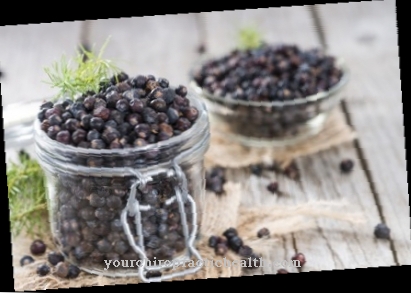
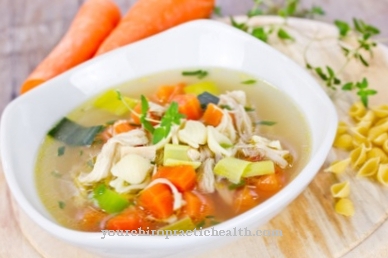
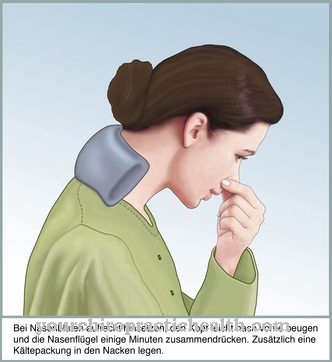
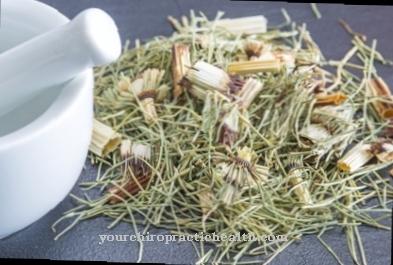
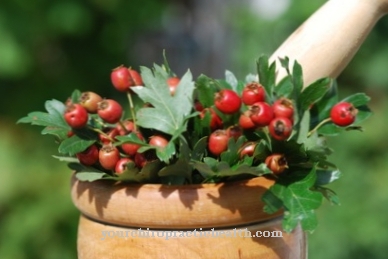
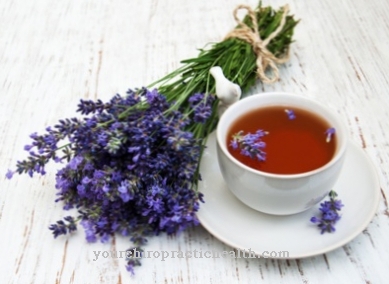






.jpg)

.jpg)
.jpg)











.jpg)